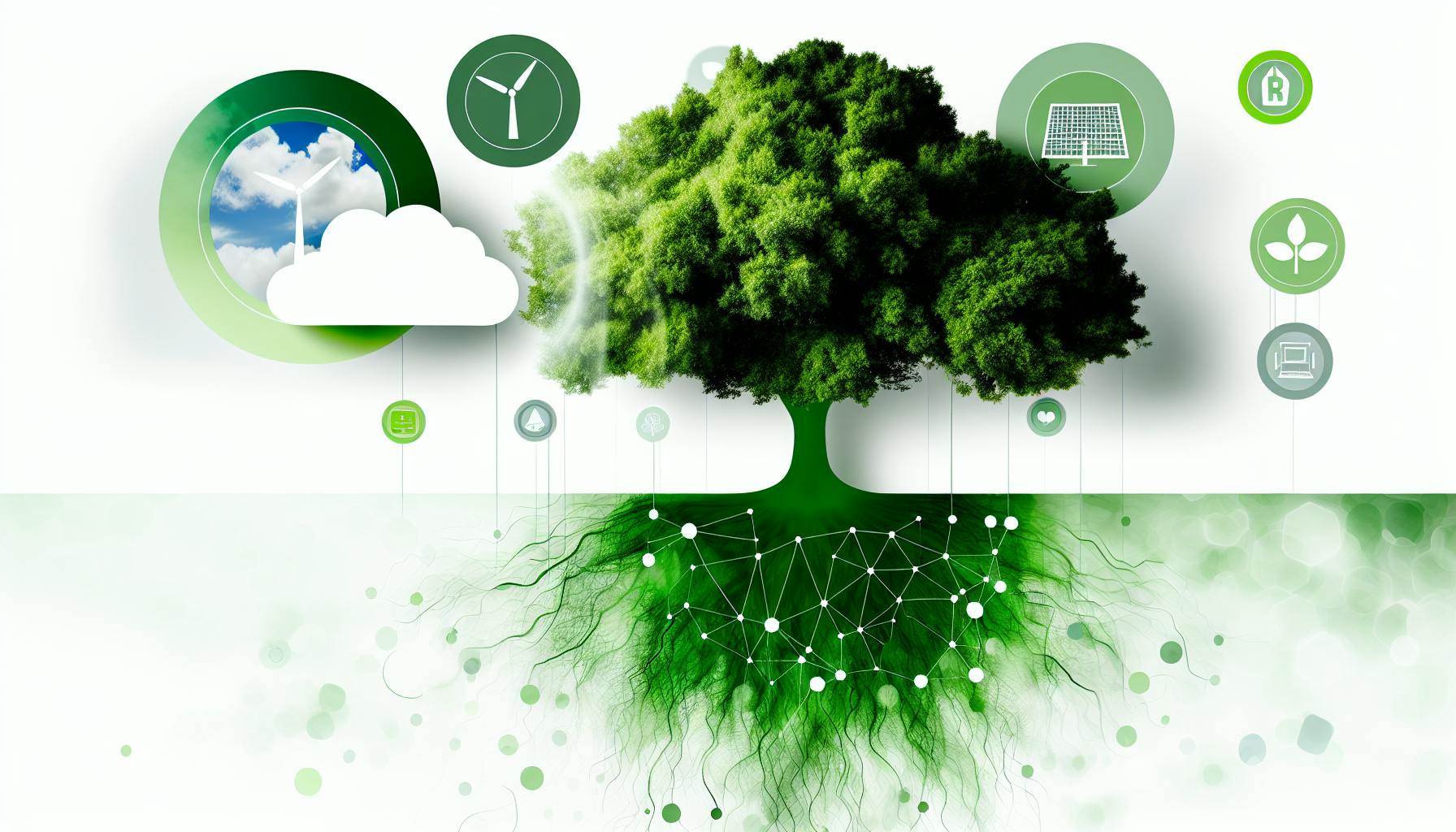Sustainability is becoming a priority for businesses across industries, including Software as a Service (SaaS). As organizations strive to minimize their environmental impact and operate more efficiently, integration emerges as a critical tool to align technology with sustainability goals. By enabling seamless data sharing, process optimization, and resource management, integration can play a pivotal role in driving sustainable practices in the SaaS industry.
The Importance of Sustainability in SaaS
The SaaS sector relies heavily on data centers, cloud computing, and global operations, all of which have environmental implications. Implementing sustainability initiatives helps companies:
- Reduce carbon footprints.
- Optimize energy consumption.
- Support ethical business practices.
- Meet growing customer and stakeholder expectations for corporate responsibility.
Integration offers a pathway to achieve these objectives by ensuring that systems work harmoniously to improve efficiency and reduce waste.
Key Areas Where Integration Supports Sustainability
1. Energy Efficiency
SaaS platforms often operate large-scale infrastructure, including data centers and cloud services. Integrating energy management systems can help monitor and optimize energy consumption, resulting in:
- Lower operational costs.
- Reduced greenhouse gas emissions.
- More sustainable use of computing resources.
For example, integrating analytics tools with cloud platforms can track server usage and automate load balancing, ensuring resources are used only when necessary.
2. Paperless Operations
Integration enables businesses to adopt fully digital workflows, reducing the need for paper-based processes. Key examples include:
- Automated invoicing systems integrated with CRMs.
- Electronic signatures linked with document management platforms.
- Cloud storage solutions for easy access and sharing of digital files.
This shift not only minimizes paper waste but also accelerates processes, saving time and resources.
3. Sustainable Supply Chain Management
For SaaS companies involved in hardware or software distribution, integration with supply chain systems can promote sustainability by:
- Optimizing logistics to reduce fuel consumption.
- Monitoring suppliers for adherence to ethical and environmental standards.
- Reducing inventory waste through accurate demand forecasting.
4. Employee Collaboration and Remote Work
Integration of communication and collaboration tools enables remote work, reducing the environmental impact of commuting and office operations. SaaS platforms that integrate video conferencing, document sharing, and task management tools help companies:
- Decrease travel-related emissions.
- Save on physical office energy costs.
- Foster a culture of flexibility and efficiency.
5. Data Transparency and Reporting
Integrating sustainability tracking tools with business analytics platforms provides a centralized view of environmental impact metrics. Businesses can track:
- Carbon emissions from operations.
- Energy use across facilities.
- Progress toward sustainability goals.
This data supports more accurate reporting and decision-making aligned with corporate sustainability targets.
Benefits of Integration for Sustainability
1. Enhanced Efficiency
Integrated systems eliminate silos, streamline operations, and reduce resource wastage, aligning with sustainability goals.
2. Cost Savings
By optimizing processes and energy usage, companies can significantly cut costs while reducing environmental impact.
3. Regulatory Compliance
Many governments and industry bodies are imposing stricter environmental regulations. Integrated systems simplify compliance by consolidating necessary data and automating reporting processes.
4. Improved Brand Image
Sustainability-focused businesses resonate with environmentally conscious customers and partners, fostering loyalty and trust.
Challenges in Leveraging Integration for Sustainability
- Initial Investment:Implementing integrated systems can be costly and time-consuming.
- Data Complexity:Consolidating data from multiple sources requires robust infrastructure and expertise.
- Scalability Issues:As businesses grow, integrations must adapt to handle increased workloads without compromising sustainability goals.
How Cobalt Supports Sustainable Integration
Cobalt simplifies the integration process, empowering SaaS companies to align their operations with sustainability initiatives. Its features include:
- Pre-Built APIs:Over 120 APIs abstracted for CRM, ERP, energy management, and more, facilitating seamless connections.
- Automation Tools:Automates repetitive tasks like data synchronization, reducing energy usage and manual intervention.
- Scalable Solutions:Handles complex workflows, ensuring integrations grow with business needs while maintaining efficiency.
- Rapid Deployment:Launch integrations in days rather than months, accelerating the adoption of sustainability-focused systems.
With Cobalt, SaaS businesses can optimize processes, monitor sustainability metrics, and reduce their environmental footprint effectively.
Conclusion
Sustainability is no longer optional for SaaS companies—it’s an imperative. Integration serves as a cornerstone for achieving sustainability goals by enhancing efficiency, promoting transparency, and optimizing resource use. By adopting tools like Cobalt, organizations can implement sustainable practices seamlessly, fostering a greener future while maintaining competitive advantage. As the SaaS industry continues to evolve, integration will remain a key driver of environmental responsibility and business success.






